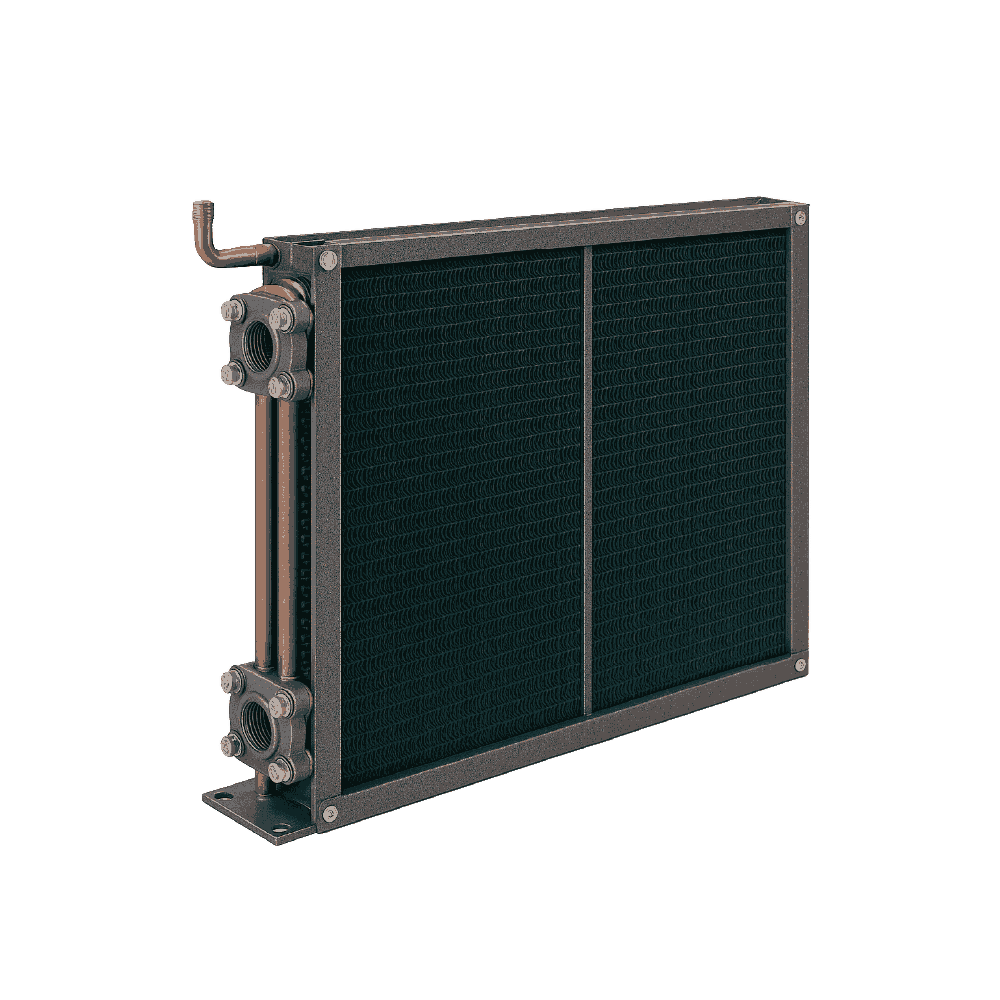
Dry Cooling Coil
Cooling capacity range : - 14.2kW ~135kW (FRESH AIR TYPE) - 28.5kW~180.8kW (RETRUN AIR TYPE) Air volume range : - 5800~32000 m³/h (FRESH AIR TYPE) - 2400~15000 m³/h (RETRUN AIR TYPE)
Product Features
- The anti-corrosion black fins of the external machine are highly anti-corrosive and can effectively resist salt corrosion at the seaside. - Efficient and energy-saving products, energy-saving and environmentally friendly
Description
The core value of the DCC dry cooling coil lies in its precise temperature control and anti-condensation design in clean environments. It is especially suitable for industries such as semiconductors, biopharmaceuticals, and precision manufacturing. Seamlessly integrated with systems like FFUs and MAUs, it not only meets stringent cleanliness requirements but also reduces long-term operational costs through energy-efficient design. Core Advantages: - High-Cleanliness Environments In semiconductor cleanrooms, the DCC works in coordination with FFUs and MAUs to ensure air cleanliness (FFU filtration), temperature and humidity control (MAU for humidity, DCC for temperature), and positive pressure maintenance. For example, during semiconductor production, the DCC uses medium-temperature chilled water (12–14°C) to precisely control temperature, avoiding fluctuations that could affect chip yield. - Flexibility and Energy Efficiency Advantages - Energy Saving: By using higher-temperature chilled water (compared to conventional fan coil units that use 7°C), the efficiency of the chiller improves, reducing overall energy consumption. - Flexible Installation: The unit can be placed in return air plenums, ceiling voids, or technical interlayers, saving space and allowing easier maintenance. Versatile Applications: - Sensible Heat Removal The dry coil unit removes all or part of the room’s sensible heat load through heat exchange between chilled/heated water and air. For example: - Cleanrooms: In environments like semiconductor cleanrooms, laboratories, and hospital operating rooms, the DCC primarily removes sensible heat generated by equipment, lighting, and human activity to maintain stable temperature. - Energy-Saving System Design: When working in conjunction with FFUs (Fan Filter Units) and MAUs (Modular Air Units), the DCC handles return air sensible heat independently, while the MAU manages humidity control—eliminating the need for energy-intensive reheating in traditional systems. - Avoiding Condensate Formation DCCs typically use chilled water at a temperature higher than the indoor dew point (e.g., inlet at 13°C, outlet at 18°C), keeping the coil surface temperature above the dew point. This prevents or greatly reduces condensate formation, minimizing leakage and bacterial growth risk—an ideal feature for humidity-sensitive, high-cleanliness environments.